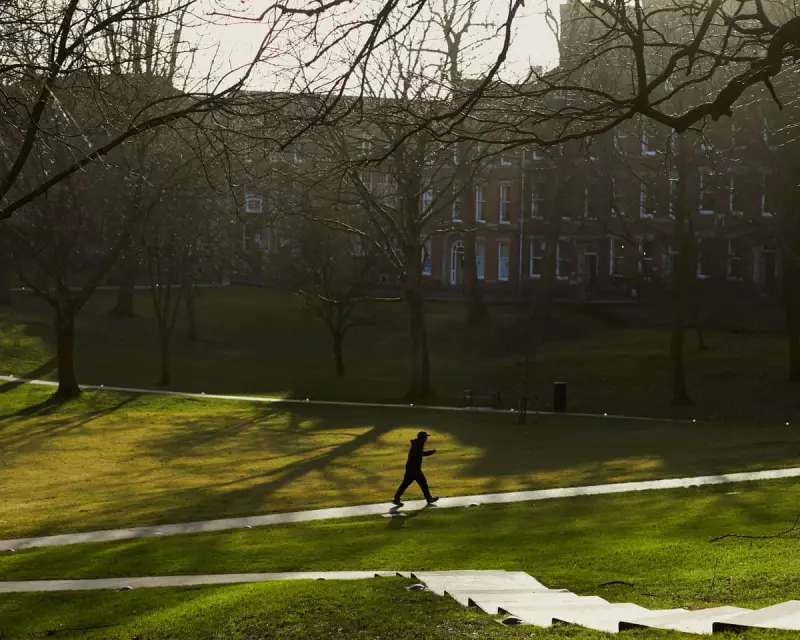
Britain's urban landscapes are undergoing a quiet revolution, shifting focus from concrete efficiency to human connection. Cities across the UK are embracing a radical new approach to urban design that prioritises people over traffic and community over commerce.
The movement comes as research reveals growing levels of urban isolation and mental health challenges linked to traditional city planning. Urban experts now argue that the quality of public spaces directly impacts citizens' wellbeing and social cohesion.
The Green Transformation
From London to Manchester, municipal authorities are reallocating road space to pedestrians and cyclists while creating pocket parks and community gardens. These green oases are becoming vital social hubs where residents can connect with nature and each other.
One particularly successful initiative has seen abandoned lots transformed into vibrant community spaces featuring native planting, seating areas, and spaces for local markets and performances.
Technology with a Human Face
Rather than pursuing fully automated smart cities, British urban planners are focusing on technology that serves human interaction. This includes apps that help residents connect with neighbours and digital platforms that facilitate community decision-making about local spaces.
Bristol's innovative approach combines digital tools with physical meeting spaces, creating a blend of online and offline community engagement that has seen participation in local planning decisions increase dramatically.
The Business Case for Human Cities
Forward-thinking businesses are supporting this urban transformation, recognising that attractive, people-friendly cities boost productivity and innovation. Companies are investing in improved public spaces around their offices and supporting initiatives that make cities more liveable.
Research shows that employees are more productive and creative when they have access to green spaces and opportunities for social connection during the workday.
Measuring What Matters
Progressive local authorities are developing new metrics to evaluate urban success beyond traditional economic indicators. These include measures of social connection, access to green space, and community satisfaction with public areas.
The shift represents a fundamental rethinking of what makes cities successful, placing human wellbeing at the centre of urban policy and planning decisions.
As this movement gains momentum across the UK, it offers a blueprint for creating cities that don't just function efficiently but truly enhance the lives of those who call them home.





